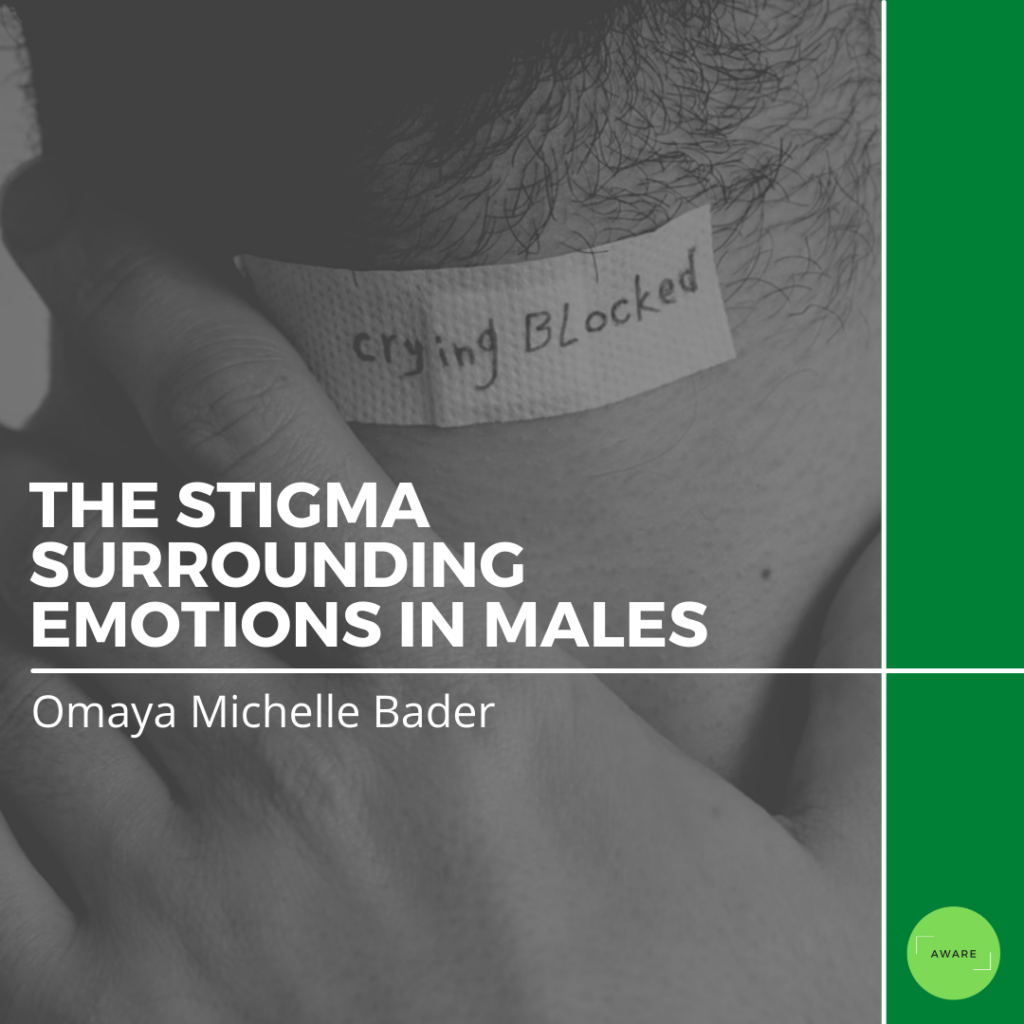Phrases such as “why are you crying?” or “are you a girl?” have been heard by a majority of men at least once in their lives. Toxic masculinity, though not thoroughly discussed, is highly prevalent, and emotions are often feminized and considered a weakness in a “real man”, which plays a major role in the stigma surrounding emotions in males. In this article, we will be discussing the origin of this stigma, the apparent role of toxic masculinity, as well as why this stigma is so harmful.
The History of the Stigma
Older generations might argue that they lived perfectly fine without the need to express such feelings, but this reaction is often the result of the underlying trauma experienced through the bottling up of emotions. The macho persona often comes with trauma attached to it or inflicts trauma to upcoming generations. Through that, society is conditioning itself to believe that men must conform to specific roles that are best stripped from emotions. More on that, toxic masculinity feeds into the narrative of anti-feminism movements. This puts women below men due to their sentiments, blurring the truth that men have feelings, too – and hiding them is mentally destructive.
What Is Toxic Masculinity?
The term often refers to the destructive male-associated attitudes and behaviors that harm both men and women in society. A toxic male belief system usually includes a negative perception over showcasing emotion and sharing vulnerabilities. At times, toxic behaviors can manifest from two attitudes. Firstly, “I am a man, meaning that I must impose my dominance in any way possible.” Secondly, “I have been suppressing my emotions for so long, hence lashing out to avoid emotional connections protects my dominant male persona.” Regardless of which one may apply to the men surrounding us, they both feed into a destructive narrative in society.
Why Is This Stigma Harmful?
When you fill a bottle too much, it ultimately explodes. This is the same when it comes to bottling up emotions. Due to the stigma surrounding emotions in males, it is no secret that many men often need therapy yet refuse to seek it because the idea of seeking help seemingly promotes the idea of weakness in society. This is extremely harmful to males as it can result in self-destructive behavior such as substance abuse, alcoholism, and self-harm. Moreover, it can result in external destructive behaviors such as abuse or aggression towards others. Lastly, in severe cases, males may turn to suicide.
Reach out to your male companions and family members. Ask how they are doing. Ask if they need to talk. Most importantly, if needed, encourage them to seek help, and let them know that it is okay for them to do so.
